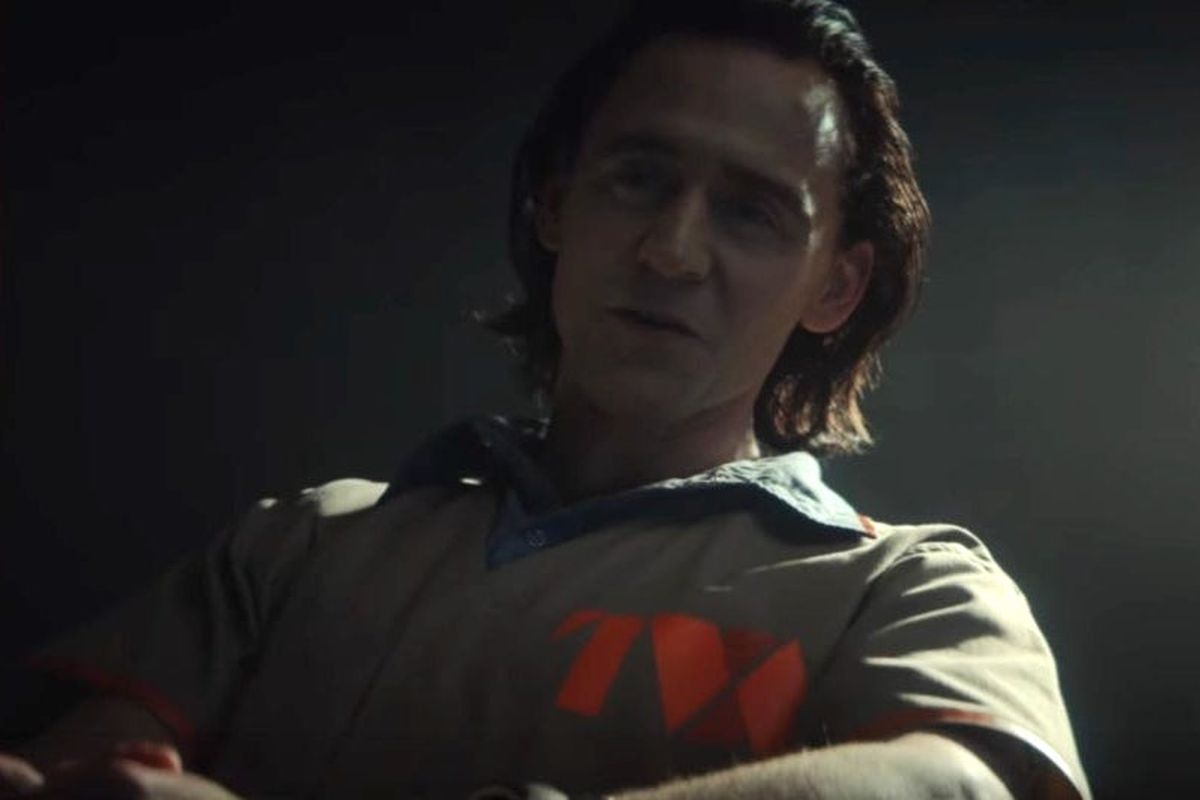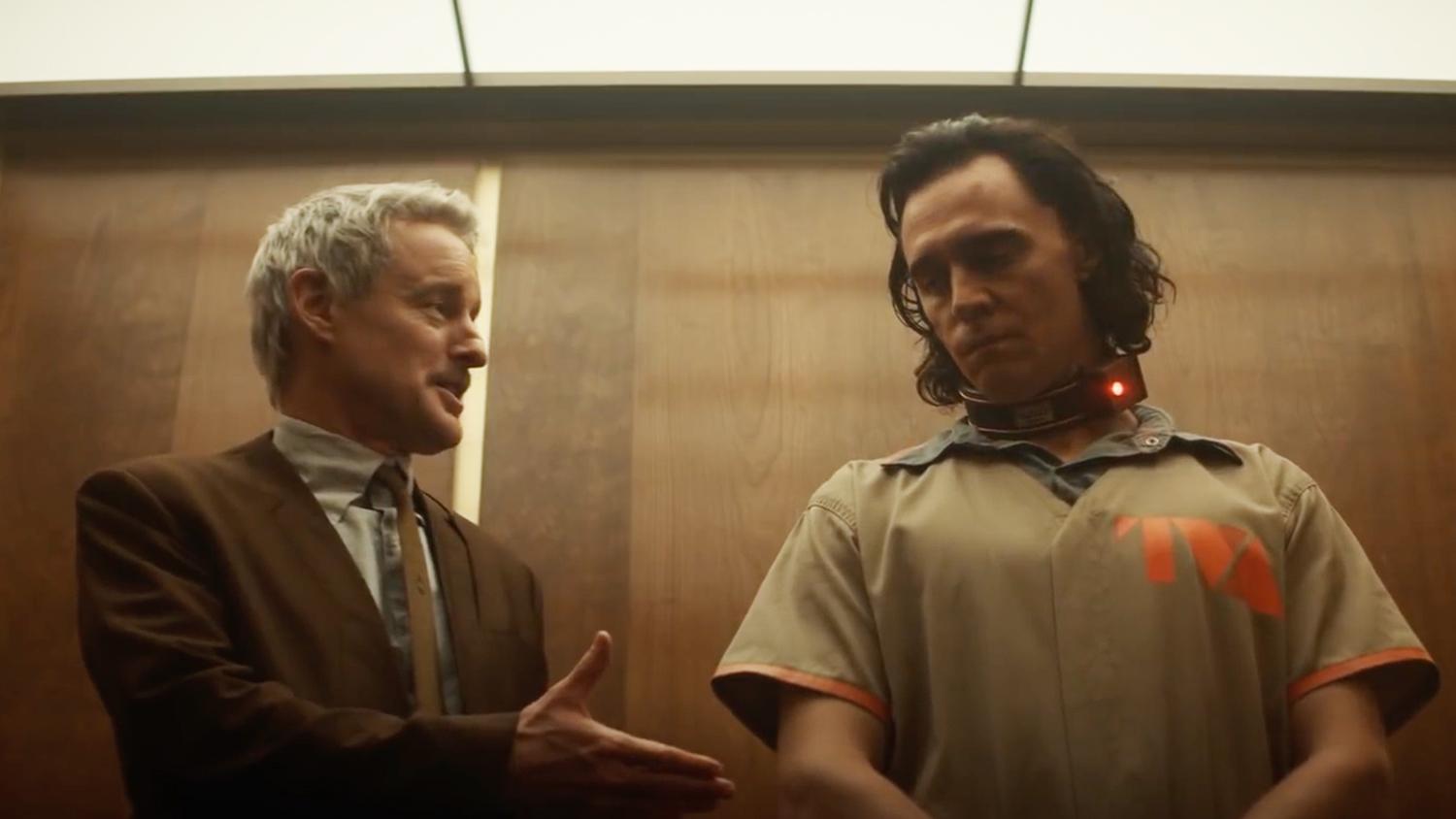 By Jacob Sahms
By Jacob Sahms
Two episodes into Disney+’s latest Marvel adventure, Tom Hiddleston may finally be growing on me. I know, I know, there are fans of Hiddleston’s Loki everywhere, but this show may actually be providing us with a softer side of the God of Mischief from Asgard. While Loki finally lets Loki be the star, it’s not just watching him prance around making mischief. Here, he’s given a chance to undo the mischief (and great trouble) he’s caused by stealing the Tesseract at the end of Avengers: Endgame [Editor’s note: if this makes no sense… start with the Avengers movies!] by the Time Variance Authority. The other options is being erased from existence.
The self-centered Loki obviously chooses helping fix what he caused by tracking down a variant version of himself who is causing all of the trouble. The TVA appoints Mobius (Owen Wilson) to be Loki’s minder of sorts, a hilarious choice because Wilson is so not Marvel Universe material, and because he plays Mobius as unlikely time cop/mentor/therapist to Hiddleston’s Loki. Mobius’ goodness almost disarms Loki’s self-centered deception, and the two proceed to travel to various times and places (Medieval Fair in 1985 Wisconsin, Pompeii 79 A.D., 2005 hurricane-swept Alabama).
 The show aims at a bit of a mind trip, intentionally, with Easter eggs for Marvel fans thrown in, and more unsettling of what you’re certain of than Wandavision did. And that’s saying quite a bit. But the end result is something of an antihero story: Loki seems aimed at saving himself, but he ultimately seems to be drawing closer and closer to realizing that he hasn’t had a purpose – and that this might give him one. He’s seen great evil, great destruction, and it appears that he’s on his way to a mid-life, or at least, mid-character crisis. Sure, he may revert back to form when the “real” good guys can swoop in and save the day, but right now, he’s it, and he’s rising (a bit) to the challenge.
The show aims at a bit of a mind trip, intentionally, with Easter eggs for Marvel fans thrown in, and more unsettling of what you’re certain of than Wandavision did. And that’s saying quite a bit. But the end result is something of an antihero story: Loki seems aimed at saving himself, but he ultimately seems to be drawing closer and closer to realizing that he hasn’t had a purpose – and that this might give him one. He’s seen great evil, great destruction, and it appears that he’s on his way to a mid-life, or at least, mid-character crisis. Sure, he may revert back to form when the “real” good guys can swoop in and save the day, but right now, he’s it, and he’s rising (a bit) to the challenge.
While Loki has played the Trickster, the devil character, to Thor’s good guy, this six-episode series seems to hinge on Loki’s remarks to Mobius in the second episode. “A child knows that no one is completely bad, and that no one is completely good,” he says. Isn’t that true of all of us? We have the capacity for good and the capacity for bad, much like the old Native American story of the two wolves who live inside of us. (“Which one wins?” asks the little boy. “Whichever one you feed,” replies the sage grandfather.) For the moment, Loki is feeding the good — and seeing what he might have the capacity for if he would only embrace it.




